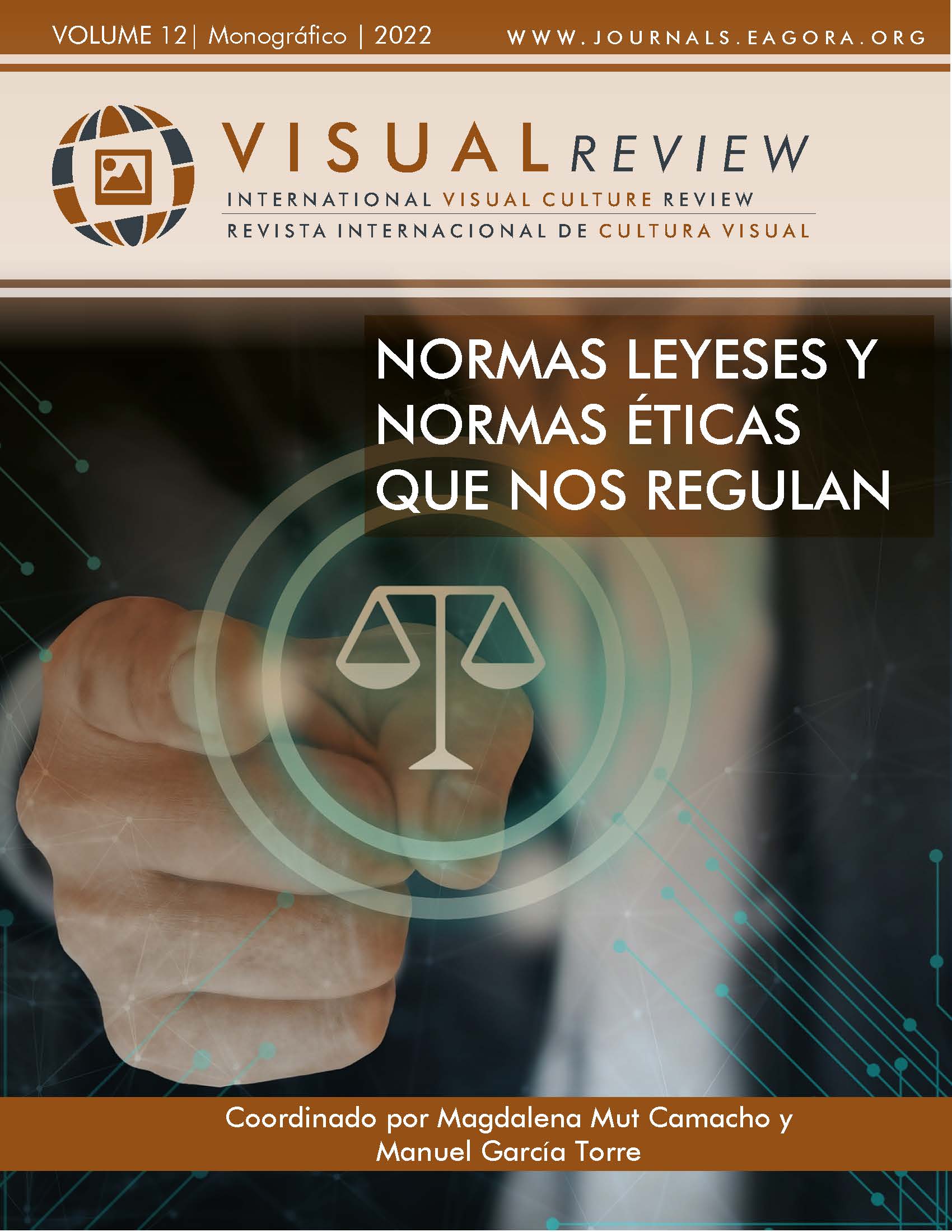La instrumentalización del derecho mediante el uso del ámbito legal
Una aproximación teórica
DOI:
https://doi.org/10.37467/revvisual.v9.3757Palabras clave:
Ámbito legal, Ámbito de la información, Relaciones Internacionales, Doctrinas, Lawfare, Maskirovka, Falu zhanResumen
La instrumentalización del Derecho, mediante el uso del ámbito legal y del ámbito de la información se encuentra en el epicentro de muchas de las estrategias utilizadas actualmente por Rusia y China para la consecución de sus objetivos estratégicos en sus Relaciones Internacionales. El estudio se centra en describir las distintas doctrinas existentes que versan sobre la instrumentalización del Derecho y el ámbito de la información y desarrolla, desde una perspectiva teórica, la evolución de la visión occidental de lawfare, la vertiente rusa basada en la doctrina de Maskirovka y el enfoque que utiliza China de su concepto falu zhan.
Descargas
Estadísticas globales ℹ️
|
896
Visualizaciones
|
938
Descargas
|
|
1834
Total
|
|
Citas
Dunlap Jr, C. J. (2001). Law and military interventions: preserving humanitarian values in 21st conflicts. Humanitarian Challenges in Military Intervention Conference. Carr Center for Human Rights Policy. Kennedy School of Government, Harvard University, Washington, D.C.
Dunlap Jr, C. J. (2008). Lawfare today: A perspective. Yale J. Int’l Aff, 3, 146.
Dunlap Jr, C. J. (2011). Lawfare Today and Tomorrow in: International Law and Changing Character of War. Raul A.Pete Pedrozo e Daria P. Wollsschlaeger editores, 315.
Fonseca, I. (2019). Guerra híbrida y operaciones legales. Catálogo de Publicaciones de Defensa, 119.
Gerasimov, V. (2013). The Value of Science in Foresight: New Challenges Require Rethinking on the Forms and Methods of Warfare. Military Industry Kurier.
Hoffman, F. G. (2007). Conflict in the 21st century: The rise of hybrid wars (p. 51). Arlington: Potomac Institute for Policy Studies.
Hutchinson, W. (2004). The Influence of Maskirovka on Contemporary Western Deception Theory and Practice. In 3rd European Conference on Information Warfare and Security (p. 165).
Kexin, L. (2006). Study Volume on Legal Warfare. Washington, DC: National Defense University Press, 18, 34-37.
Kittrie, O. F. (2016). Lawfare: Law as a weapon of war. Oxford University Press.
Liang, Q., & Xiangsui, W. (1999). Unrestricted warfare. Beijing: PLA Literature and Arts Publishing House Arts.
Liang, Q., & Xiangsui, W. (2000). Unrestricted warfare. (traducción inglesa). Washington DC: Foreign Broadcast Information Service.
Mosquera, A. B. M., & Bachmann, S. D. (2016). Lawfare in hybrid wars: the 21st century warfare. Journal of International Humanitarian Legal Studies, 7(1), 63-87.
Munoz, A. B., Bachmann, S. D., & Bravo, J. A. M. (2019). Hybrid warfare and the legal domain. Terrorism and political violence, 31(1), 98-104.
Sari, A. (2020). Legal resilience in an era of grey zone conflicts and hybrid threats. Cambridge Review of International Affairs, 33(6), 846-867.
Gilabert, J. R. S. (2016). Lawfare: El uso del derecho como arma. Revista española de derecho militar, 106, 189-230.
Surkov, V. (2014). Without sky. first published as an annex to the magazine Russian Pioneer, (46).
Orts, E. W. (2001). The rule of law in China. Vand. J. Transnatl. L.,34, 43.
Wenshen, Z. (2004). Legal Warfare: Discussion of 100 Examples and Solutions. Publishing House.
Yunxia, S. (2007). Under Informatized Conditions: Legal Warfare. PLA Published House.
Descargas
Publicado
Cómo citar
Número
Sección
Licencia
Los autores/as que publiquen en esta revista aceptan las siguientes condiciones:
- Los autores/as conservan los derechos de autor.
- Los autores/as ceden a la revista el derecho de la primera publicación. La revista también posee los derechos de edición.
- Todos los contenidos publicados se regulan mediante una Licencia Atribución/Reconocimiento-SinDerivados 4.0 Internacional. Acceda a la versión informativa y texto legal de la licencia. En virtud de ello, se permite a terceros utilizar lo publicado siempre que mencionen la autoría del trabajo y a la primera publicación en esta revista. Si transforma el material, no podrá distribuir el trabajo modificado.
- Los autores/as pueden realizar otros acuerdos contractuales independientes y adicionales para la distribución no exclusiva de la versión del artículo publicado en esta revista (p. ej., incluirlo en un repositorio institucional o publicarlo en un libro) siempre que indiquen claramente que el trabajo se publicó por primera vez en esta revista.
- Se permite y recomienda a los autores/as a publicar su trabajo en Internet (por ejemplo en páginas institucionales o personales), una vez publicado en la revista y citando a la misma ya que puede conducir a intercambios productivos y a una mayor y más rápida difusión del trabajo publicado (vea The Effect of Open Access).














